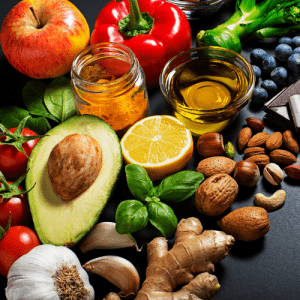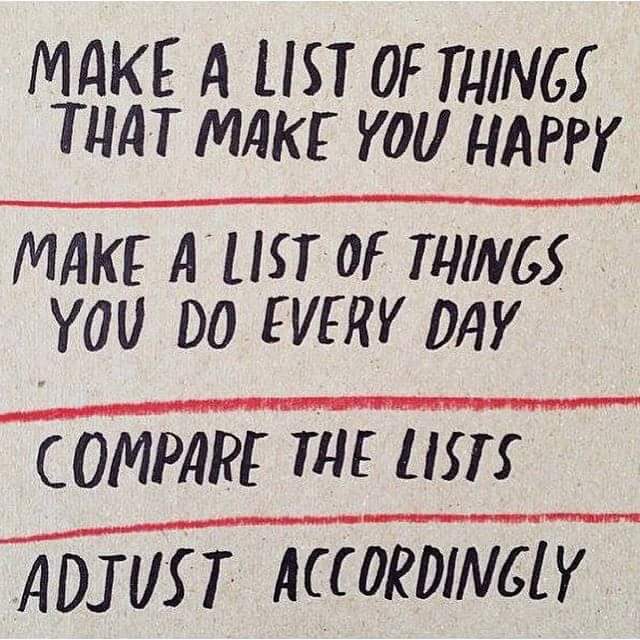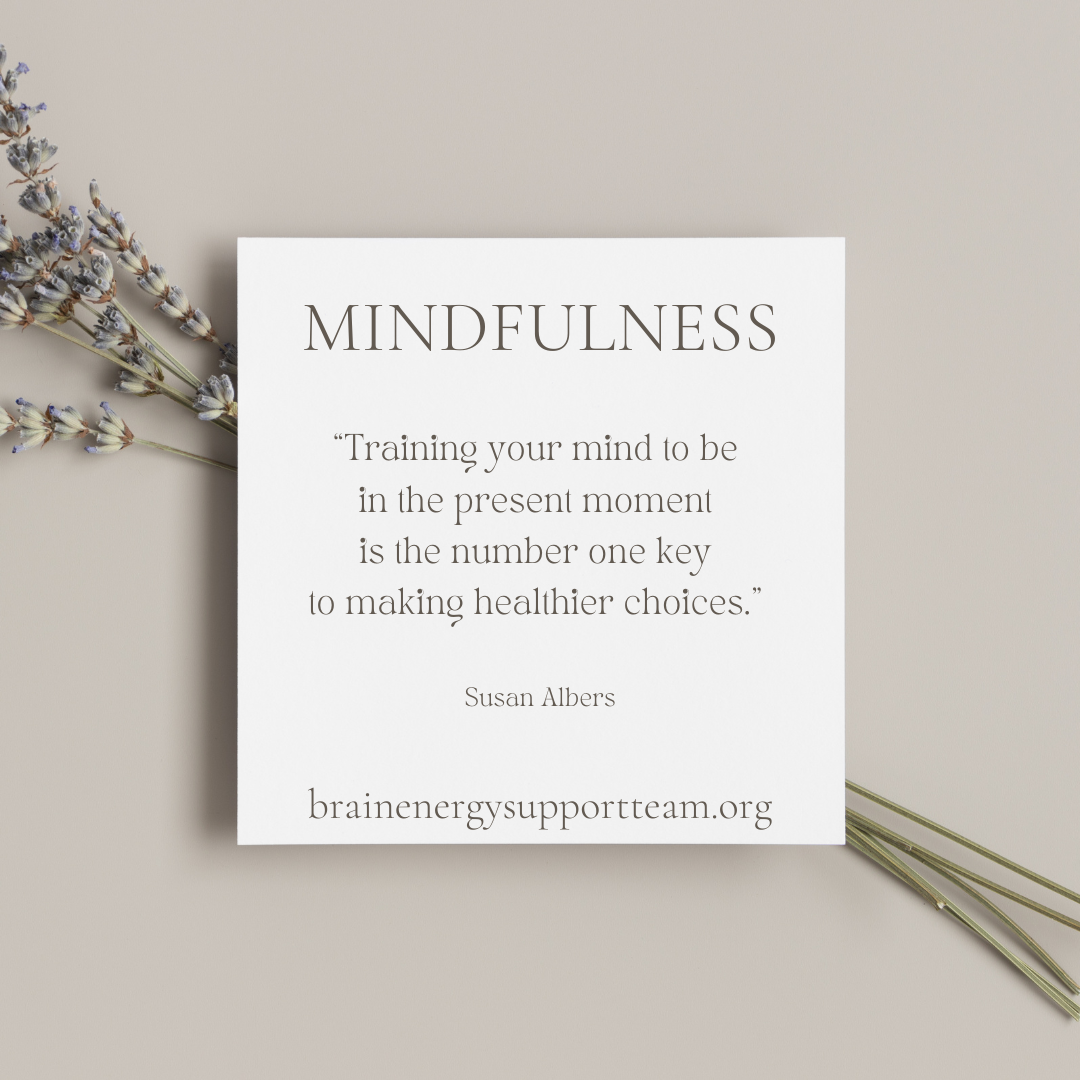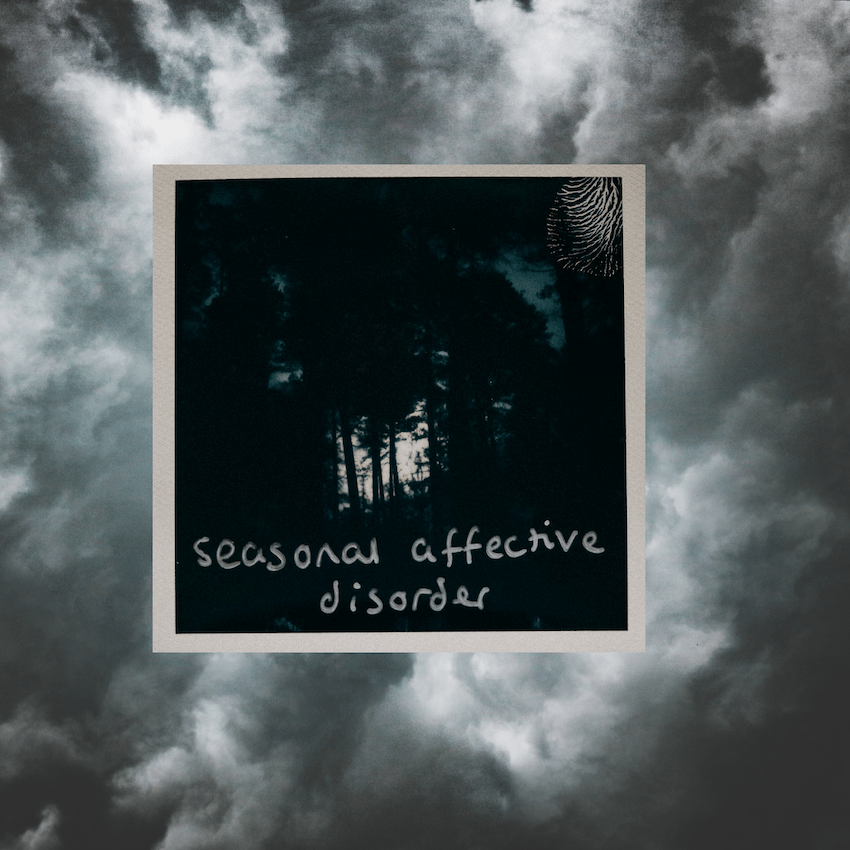The way we eat determines how healthy we are in the long run. When we’re young greasy, fast food stops several times a week may not have much impact, but the impact you don’t see in the moment will manifest itself later in life.
On the other hand, many foods support brain health. Here are the top five foods you can eat for a healthy brain:
- Fatty Fish: Fatty fish is an excellent source of omega-3 fatty acids, which are essential for brain health. Omega-3 fatty acids are critical for the formation of brain cell membranes and have been shown to improve cognitive function, memory, and mood. They also have anti-inflammatory properties, which can help protect the brain from damage and reduce the risk of age-related cognitive decline. Plus they are thought to reduce the risk of Alzheimer’s disease and dementia. Round out your menu with salmon, sardines, and mackerel which are rich in omega-3 fatty acids.
- Berries: Berries are high in antioxidants, which protect the brain from damage caused by free radicals. They also contain compounds that can improve communication between brain cells, leading to better cognitive function, and can help improve memory and reduce the risk of age-related cognitive decline. Blueberries, in particular, are rich in anthocyanins, which have been shown to improve memory and reduce the risk of cognitive decline.
- Nuts and Seeds: Nuts and seeds are a good source of vitamin E, which is a powerful antioxidant that can, like Berries and Omega-3 fatty acids, help protect the brain from damage. Vitamin E has also been linked to a lower risk of cognitive decline as we age. Nuts and seeds are also rich in healthy fats, which are essential for brain health. Walnuts, almonds, and flaxseeds are great choices.
- Dark Chocolate: Dark chocolate (one of my favorites) is rich in flavonoids, which are antioxidants that can help protect the brain from damage. Flavonoids have also been shown to improve cognitive function and memory. Dark chocolate also contains caffeine and theobromine, which can improve focus and alertness. Be sure to choose dark chocolate with a high percentage of cocoa solids for the most health benefits; 70% or higher is the best.
- Leafy Greens: Leafy greens are an excellent source of vitamins and minerals that are essential for brain health, including vitamin K, folate, and beta-carotene. Vitamin K, in particular, has been linked to better cognitive function, and leafy greens are one of the best sources of this nutrient. Leafy greens also contain antioxidants that can help protect the brain from damage. Leafy greens such as spinach, kale, and broccoli are delicious choices for your next meal.
What are some other good choices?
Whole grains such as oatmeal, quinoa, and brown rice are good sources of glucose, which is the primary source of energy for the brain.
the brain.
Avocados are a good source of healthy fats, including monounsaturated and polyunsaturated fats. These healthy fats can help improve blood flow to the brain and protect brain cells from damage. Avocados also contain vitamin E and vitamin K.
Turmeric is a spice that contains a compound called curcumin, which has anti-inflammatory properties. We know inflammation in the brain has been linked to cognitive decline and neurodegenerative diseases such as Alzheimer’s. Reducing inflammation helps to protect the brain. Curcumin has been shown to also improve memory and cognitive function.
Eggs are a good source of choline, a nutrient that is essential for brain health. Choline is used to make acetylcholine, a neurotransmitter that is involved in memory and cognitive function. Eggs also contain vitamins B6 and B12, which can help improve cognitive function.
Overall, a diet rich in whole, nutrient-dense foods such as fruits, vegetables, whole grains, nuts, and seeds is best for brain health. It’s also important to stay hydrated and limit the intake of processed foods, added sugars, and saturated and trans fats, which can have negative effects on the brain.
 | Gloria's career as an independent nonprofit consultant, trainer, and writer spans over 30 years giving her lots to talk about. She has a deep passion for sustainability, both environmentally and organizationally. Enjoy her perspectives on life, community, development, and tales from her virtual world travels. |
|---|





